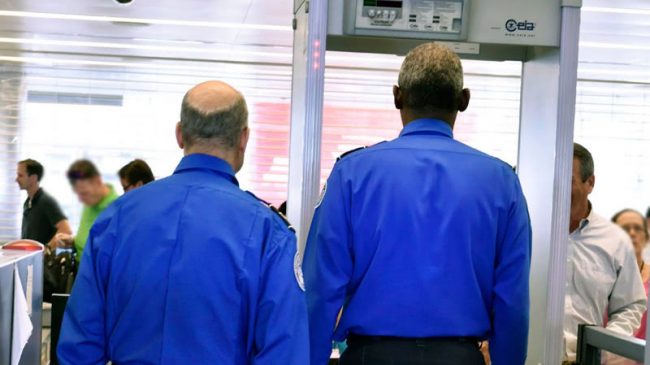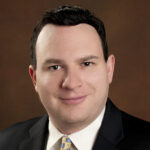The Transportation Security Administration’s (TSA) recent failures to detect fake weapons and explosives were worse than first reported. Not only did the TSA fail 67 out of 70 tests conducted by the Office of the Inspector General (IG), the IG testified before Congress that it was not the sophisticated “Red Teams” with specialized training but rather regular auditors “who lack specialized background or training” that conducted the tests.
More troubling than the results (and it is challenging to find something more troubling than a 95% failure rate by ordinary auditors) is some folks attempt to explain them away. Earlier this month on the The Bill Maher show, security expert and former Bush administration official, Philip Mudd, complained that we are too hard on the security screeners. According to Mudd the security screeners stand for hours doing a thoughtless job and we give them these incredibly challenging tests. It is unrealistic to expect them to pass these tests or stay focused on their job. This stunning response silenced even Maher. While I could write an entire missive on Mudd’s unbelievable comments, I want to focus on something more concrete.
Mudd, in that statement, unintentionally highlighted just about everything that is wrong with the TSA.
The first problem is the culture. The TSA has long been an agency where failure is tolerated largely because TSA reports not to the traveling public who are its customers, but to bloated federal bureaucrats and 535 members of Congress who mettle in its everyday affairs. In political science terms, bureaucracy is designed to be slow and difficult to change, exactly the opposite of what is needed for major security threats. Worse, TSA defenders such as Mr. Mudd make excuses its poor performance. The well-paying TSA positions do not even require a college degree.
The second problem is the federal work rules. Rules prevent split shifts forcing the agency to hire more workers than is necessary. Specific job rules limit the variety of tasks TSA officers can perform, leading to TSA workers performing one specific monotonous task for hours. And managers receive even more protection than rank and file TSA workers. A twice-fired TSA manager who oversaw the Honolulu airport’s international terminal, where 30-some TSA workers failed to properly screen passengers, was reinstated to his job due to civil service protections. Three other Honolulu managers successfully appealed their firings over the same incident. Three other managers fired for other dereliction of duties cases have also been rehired.
The third problem is the inherent conflict between TSA as a screening agency and TSA as an overseer. The agency has been empowered as both the Legislative and Judicial branches destroying the typical system of checks and balances. TSA auditors are loath to discipline its workers because that will make its management look bad. TSA workers do not want to bring security concerns to auditors for fear of management reprisal. TSA conducts internal tests of its security, but those are not made public because doing so would make the agency look bad. The only reason we found out about the 95% failure rate is because the Independent Inspector General investigated, and even that report may have remained secret if it were not leaked.
Given these problems, it is not surprising that the TSA fails to do its job every day. Despite its $8 billion budget and 62,000 employees the TSA has repeatedly failed to uncover hidden weapons. Several years ago in Fort Myers 43 workers were fired or suspended because they failed to perform random screenings. In the past five years, the TSA has purchased equipment that has not worked, hired screeners without checking their backgrounds (a clear violation of hiring practices), and started a behavior detection system that, according to the Government Accountability Office, was an utter failure.
The solution is far more complex than simply firing an interim administrator, as the Obama administration did, which is the equivalent of shuffling the deck chairs on the Titanic. The entire TSA organization needs to be reformed. The most important need is to shift TSA’s screening duties to an outside entity. The screening duties should be shifted to a private provider. Private providers conduct the screening in several airports across the country including San Francisco. And repeated independent tests confirm that these security operations are cheaper and much more effective. TSA would continue to set the overall screening parameters and monitor the private screening companies. Most importantly, since the screening companies would have no connection to TSA, the agency would feel free to terminate the contracts of ineffective companies. And if any screening company fails 95% of its tests, its contract should be terminated. This is how security screening works in most of the developed world. No other country has this built-in conflict of interest between the screeners and auditors.

